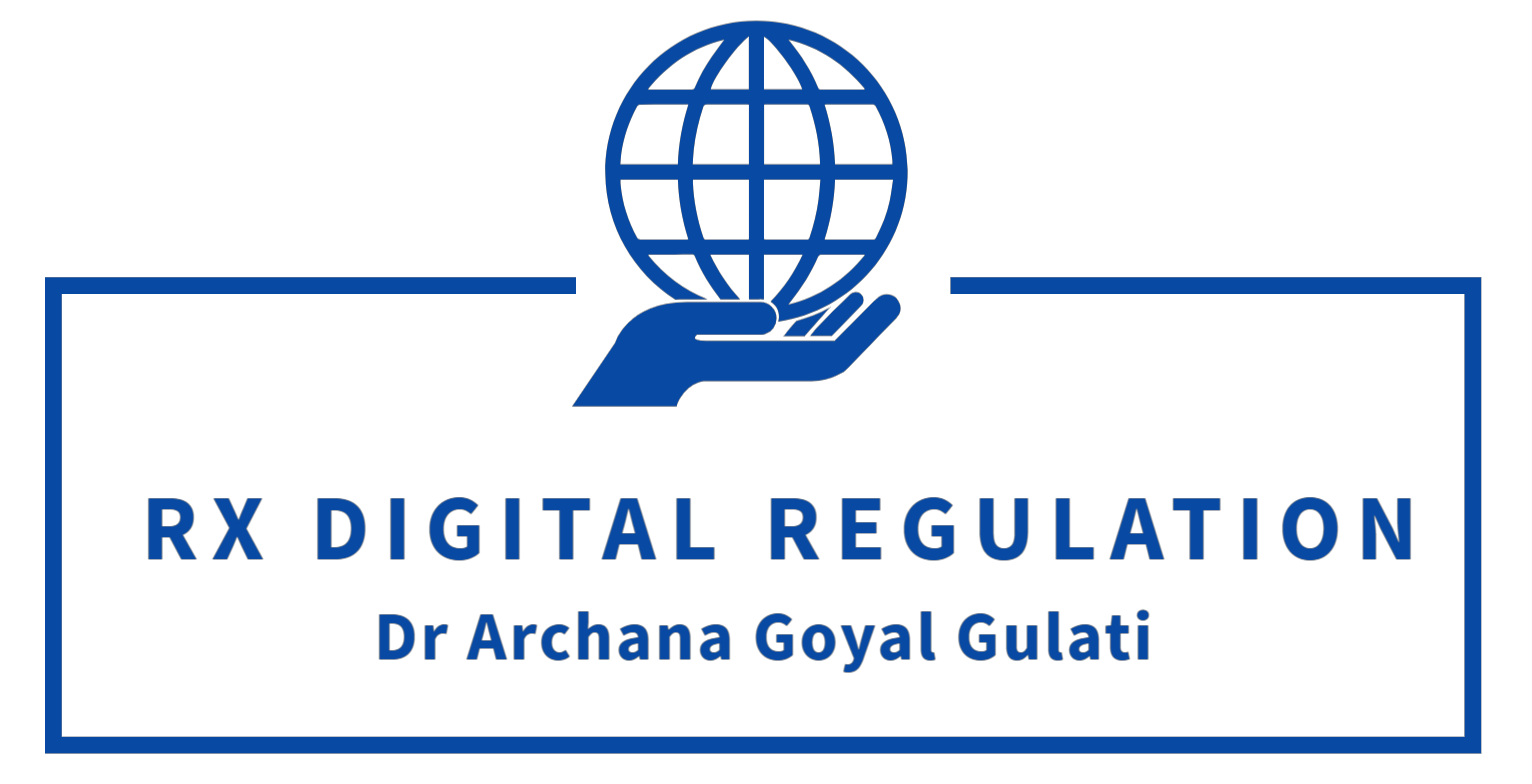
Fixing the Market Efficiency Gap in India

I had mentioned in my post titled, “Regulate in Haste Repent at Leisure” about TRAI’s recent recommendation in favour of a considerable reduction in reserve price of spectrum and those relating to permitting spectrum trading. I had stressed that what is important is that all regulation must be based on sound economic analysis placing consumer interests above all. The latter includes a healthy, viable and competitive telecom sector. Another related post is “Regulate in Haste Repent at Leisure-Comments from EU and India” These are all under the labels Telecom Regulation & Competition
A lot has been said about the regulatory deficit in India. A recent article by Sanjeev Aga literally agonsies about this issue in relation to the Department of Telecommunications processing of TRAI’s above mentioned recommendations.
A long quote from this article is added here as the writer is interesting and eloquent in his anguish:
“But let us even assume this Trai exercise eventually ends well. Would that address sector issues? Unfortunately, no. Consider policies that allow intra-circle roaming before an auction, and disallow it afterwards. Or those that confer technology-neutrality in 1999 and withdraw it in 2012 in the name of unliberalised-spectrum. For the jargon-challenged reader, spectrum liberalisation and technology neutrality mean the same thing (the Danish Business Authority website offers a clear explanation of this). Such ad-hocisms abound because policies are not supported by robust policy institutions. The better type of investors watch policy, but they derive confidence only from the quality of institutions behind the policy.
Planning Commission member Arun Maira worries that since we are not fixing institutions, India is falling apart. A complex, high growth, trillion-dollar economy, with money power sloshing around, has outgrown the governance model of the 1950s. Among the handful of quality policy institutions we have is the Reserve Bank of India, and that is a product of the Raj. The notion that ministers and ministry departments should run sectors such as hydrocarbons, aviation, telecom, power, or railways is anachronistic. The DoT has capable Indian Telecom Service officers who ran fixed line operations in Bharatiya Sanchar Nigam Ltd’s earlier avatar. A quirk of fate finds them designing policy for mobile telephony of tomorrow for which they have been provided neither exposure nor training. With no symmetry between authority and consequence, between work and appreciation, self-respecting people must resent being reduced to their present pass. When spewing out penalty notices becomes a defence mechanism, you sense that these people may be present physically but they have seceded emotionally! What is true of telecom is equally true of several other sectors. The old is dying and the new cannot be born!
Having two policy institutions for telecom, DoT and Trai, was always a crazy idea, an outcome of confused intention and timid disposition. Like in every advanced international jurisdiction, telecom policy formulation should have been tasked to the regulator from its inception. Now, better late than never! But for this Trai will have to step up its game. Amending the Trai Act is a mere first step. The regulator would be tested on its sector knowledge, in widening the talent pool to attract the best, in the quality of its output, in the confidence inspired in investors, in the moral authority exerted, and in the thought leadership provided to India and to the world.
India is at a juncture where the absence of quality governance institutions is strangling growth. This has been the single biggest cause of the economic downturn. Second-generation reforms are not about mindlessly repeating what was done 20 years ago. They require dismantling mental blocks and building quality governance institutions for at least half-a-dozen sectors, of which telecom is one. This fond wish must now await any new government. Meanwhile, the Telecom Commission and the Empowered Group of Ministers should rally in support of the Trai recommendations.”
I have written about a possible way forward-Providing a competition policy framework to our regulation. The article is titled “Of Airwaves, Incumbents & Good Governance-The Urgent Need for A Robust Competition Policy Framework”

